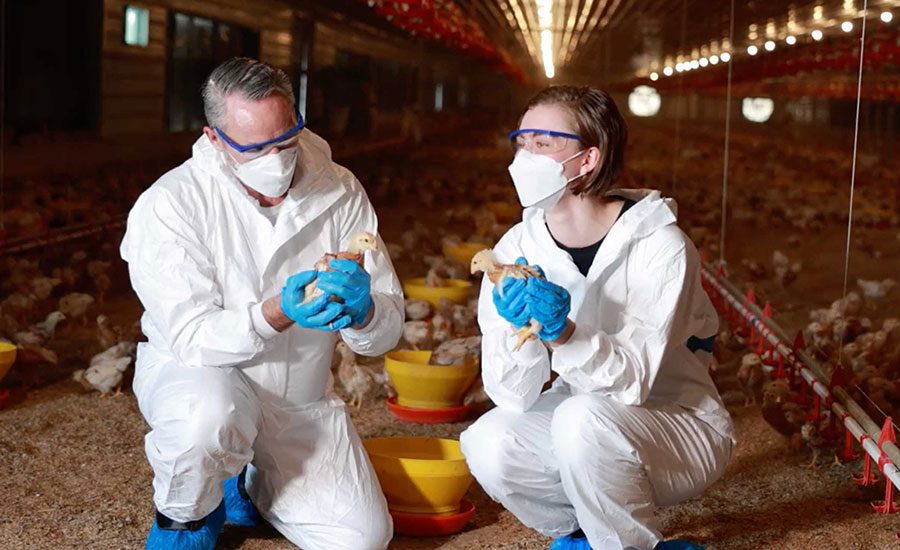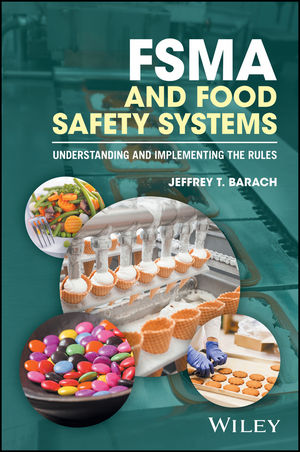Food Safety Magazine is pleased to introduce Ask the Health Inspector, a new forum for all interested in food safety. Initiated by Missouri Milk, Food and Environmental Association President Elect Paul Taylor, this series will spark discussions around commonly asked food safety questions at the local level. What are restaurateurs and retailers asking? What are critical issues for local health departments? Visit often and find out! Submit your questions for Paul to barbara@food-safety.com.
In today’s ever-changing world, people are more connected and informed than ever before. With social media, smart phones and various resources, a plethora of information can be obtained at lightning speed. However, this information is not always accurate. Inexperience may hinder knowledge of what constitutes safe food. What should one look for? What different areas are involved in food safety? To that end, when it comes to serving safe food in establishments around the country, some facilities are more interested in service and quality than they are in food safety.
Food managers and operators must balance the demands of regulators, customers and company profits. Over the last several years as a health inspector, I have seen the good, bad and sometimes surprising ways that restaurants, grocery stores and other food establishments operate. As a health inspector, I have seen many things, had conversations with numerous individuals and have made what I hope are helpful suggestion. However, it is often what is not seen by the consumer, such as the kitchen, rear storage area and food prep process, to which health inspectors have more exposure. There are also the areas that may appear to be clean and safe, such as buffet tables, the dining area and restrooms. Unless one has microscopic vision (those pesky microbes, chemicals and physical contaminants) to see those items that reflect the operator’s cleaning practices, miscommunication and loss of profit can result. By introducing this opportunity for discussion, we hope to help educate and inform food operators and managers about best food safety practices, and provide a resource for the food industry to deliver food safety to the consuming public. Through learning, there is the potential for improved awareness, service, quality and overall safety. Some proposed topics include the following: How do foodservice managers and operators ensure that their food is safe? Do foodservice and retail employees have adequate food safety training? What are some warning signs that a restaurant is not making food safety a top priority? What are the top safety issues in the deli? How can an establishment determine whether they were responsible for an outbreak of foodborne illness and how long might it take for the first signs to surface? What are the common misperceptions of safe food? How can food establishments improve food safety? Stay tuned for the next Ask the Health Inspector blog post.
Paul Taylor is president elect - Missouri Milk, Food and Environmental Association. He has worked as an environmental health representative, conducting inspections in various fields of environmental public health. Paul has attained certifications in food safety, pool operations, environmental health training in emergency response and received the St. Louis County Department of Health Director’s award for Outstanding Service in 2011.
Food Safety: From the Local to the Global

Looking for a reprint of this article?
From high-res PDFs to custom plaques, order your copy today!








